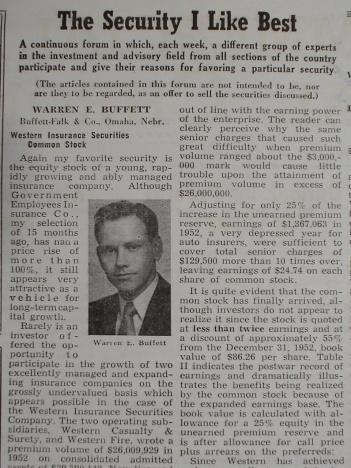These are extraordinary times particularly for active participants in the capital markets. While I do not normally choose to write about macro and regulatory events, I thought it would be useful for you to understand how we think about recent events and their impact on our portfolio.
We are currently witnessing the greatest deleveraging event in history. What began as a credit bubble bursting has now spread to the equity markets as banks, investment banks, hedge funds, structured products, mutual funds, pension funds, endowments and other leveraged and unleveraged market participants have been forced to liquidate assets by their counterparties, leverage providers, redeeming clients, and as a result of downgrades, other debts or other commitments that need to be funded.
These actions have led to forced and indiscriminate selling in security markets around the world, which in turn has caused other investors to panic or simply to sell, to get out of the way of other forced sellers.
As a fund which is generally substantially more long than short, we have also suffered large mark-to-market declines in our long investments. Year to date, however, our performance has substantially exceeded that of the broader equity markets, which at this writing have seen a more than 34% decline. Our outperformance is largely due to large gains on our investments in Longs Drugs and Wachovia Corporation as well as profits on our credit default swap and other short exposures. Our market losses have been further mitigated because we operate unleveraged and have substantial cash balances. Currently, we have cash and near-cash (Longs Drugs and Wachovia/Wells Fargo long/short) equal to approximately 39% of our capital.
When, you might ask, will the selling end? While I don’t proclaim to be a market prognosticator, I will make a few observations. Unlike the deleveraging that takes place when banks and other financial institutions sell assets to meet regulatory requirements, which is typically a longer term process, the forced deleveraging that is now taking place in the equity markets is being implemented largely by the prime brokerage firms and margin account managers at broker dealers around the world. Prime brokers are not known to be laggardly in their approach to liquidating an account that no longer meets margin requirements. This is likely to be even more true in the current environment. As such, it may be reasonable to conclude that the forced liquidation that is now taking place may not be a prolonged process.

